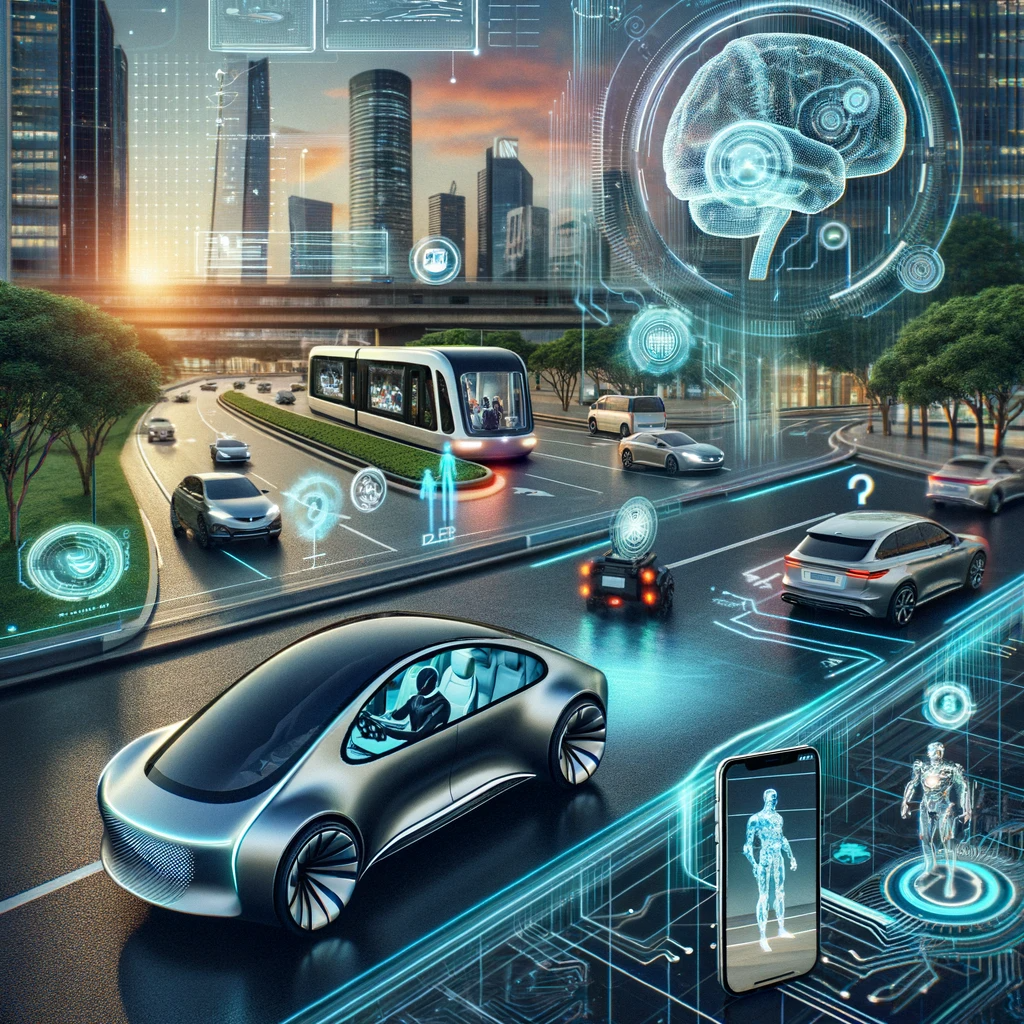Introduction
The era of self-driving cars has arrived, and with it comes the promise of a revolution in transportation. Fully autonomous AI-powered cars, capable of navigating the roads without human intervention, are no longer confined to science fiction. Companies like Tesla, Waymo, and traditional automakers have made significant strides in developing these vehicles, sparking excitement and debate about their readiness for widespread adoption.
This article explores the current landscape of fully autonomous AI-powered cars and the question that looms over this technological breakthrough: Are we, as a society, truly ready for the era of self-driving vehicles?
The State of Autonomous Vehicles
To assess our readiness, we must first understand the current state of autonomous vehicle technology. Autonomous cars are classified into levels of automation from Level 0 (no automation) to Level 5 (full automation). Today, we have vehicles at Levels 2 and 3, offering features like adaptive cruise control and lane-keeping assistance. Companies like Tesla have introduced advanced driver-assist systems that approach Level 4 automation, with the potential to handle most driving tasks.

Major players in the industry are engaged in intense research and development, pushing the boundaries of what autonomous cars can do. For instance, Waymo, a subsidiary of Alphabet Inc., has logged millions of miles in testing its self-driving vehicles, aiming for Level 5 autonomy where no human intervention is needed.
Advantages and Promises of Fully Autonomous Cars
The allure of self-driving cars lies in their potential to transform our lives. Improved road safety is a significant promise, as autonomous vehicles are not prone to human errors like distracted driving or impaired judgment. Reduced traffic congestion and more efficient use of roads could alleviate urban transportation challenges.
Fully autonomous cars can increase accessibility for individuals with disabilities or those unable to drive, offering newfound freedom and independence. Moreover, with AI coordinating traffic patterns and optimizing routes, we might see a reduction in carbon emissions, contributing to environmental sustainability.
Challenges and Concerns
While the promises are enticing, we cannot ignore the challenges and concerns that surround self-driving cars. Technological limitations persist; AI systems must be able to navigate complex scenarios, handle adverse weather conditions, and adapt to unforeseen obstacles. Sensor technologies, especially in adverse conditions like heavy rain or snow, remain a significant hurdle.
Ethical, legal, and regulatory concerns are paramount. Determining liability in the event of an accident involving an autonomous vehicle poses complex legal questions. Data privacy concerns arise as vehicles collect vast amounts of data about their surroundings and passengers.
Safety and Reliability
Safety is a top priority in the development of self-driving cars. Critics point to accidents involving autonomous vehicles as evidence of their unreadiness. However, proponents argue that the goal is not to eliminate all accidents but to reduce them significantly compared to human-driven cars. Rigorous testing, simulation, and validation processes are ongoing to enhance safety and reliability.
Public Perception and Acceptance
Public perception plays a pivotal role in the readiness of society for self-driving cars. Media coverage of accidents involving autonomous vehicles can influence public trust and acceptance. Fear of technology and concerns about job displacement in the transportation industry also contribute to skepticism.
To address these challenges, public awareness campaigns and educational initiatives are essential. Providing accurate information about the benefits and safety measures of autonomous vehicles can help build trust.

The Road Ahead
The future of fully autonomous AI-powered cars is filled with potential. However, achieving widespread adoption requires overcoming a series of hurdles. Regulatory frameworks must be established to ensure safety and consistency across the industry. International standards are needed to facilitate cross-border travel. Government agencies must work closely with manufacturers to define clear guidelines.
Public awareness and education initiatives are crucial for garnering public support. Furthermore, continuous technological advancements, including improved sensors, AI algorithms, and robust testing protocols, are necessary to ensure the safe deployment of autonomous vehicles.
In conclusion, the era of fully autonomous AI-powered cars is on the horizon, but the road ahead is not without challenges. While significant progress has been made, there are still technological, ethical, legal, and societal hurdles to overcome. Whether we are truly ready for self-driving cars depends not only on technological advancements but also on the collective efforts of governments, manufacturers, and the public to navigate the transformative potential and complexities of this technology. As self-driving cars become more prevalent, it is crucial to approach this future with cautious optimism, ensuring that the benefits they bring are accompanied by a commitment to safety and ethical considerations.
